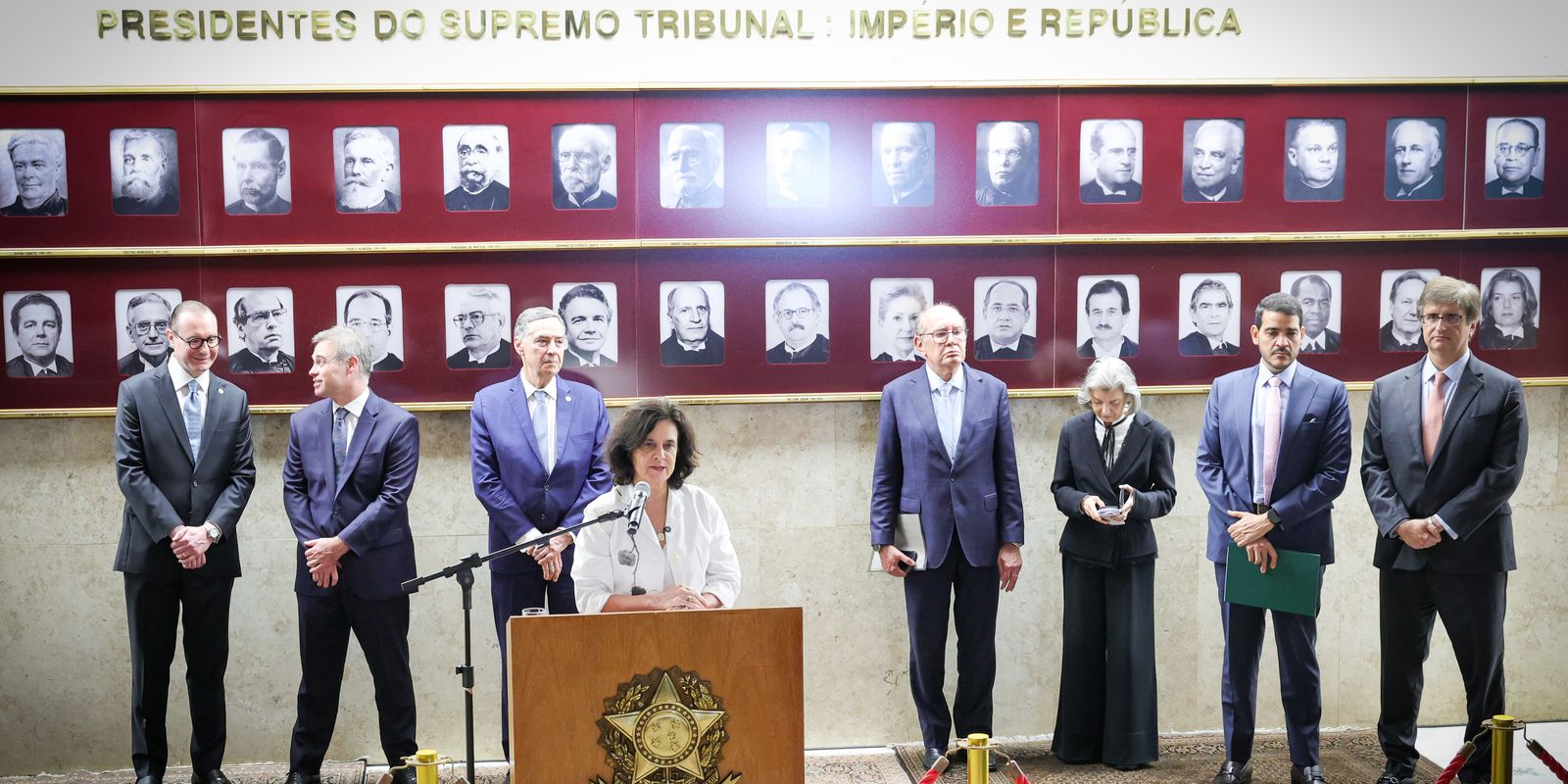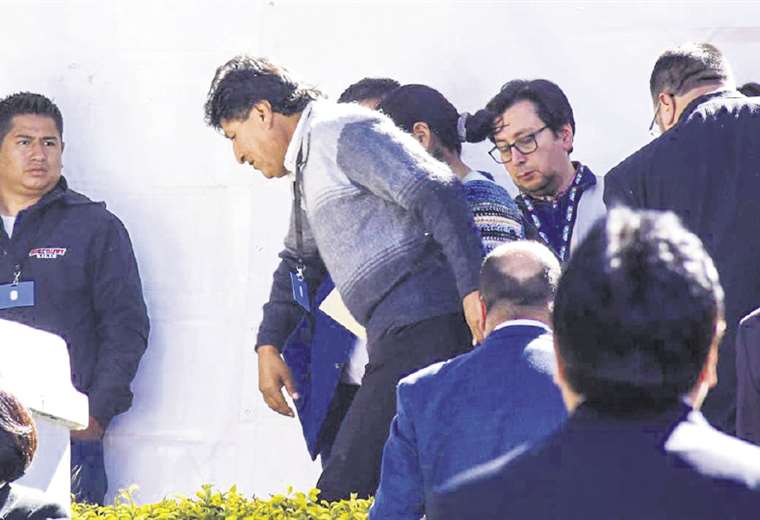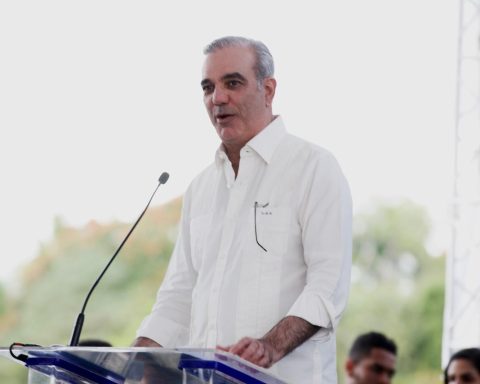The Federal Supreme Court (STF) finalized this Thursday (17) the agreement signed last month with the federal government, states and municipalities to establish parameters for the supply of high-cost medicines.
The measure establishes that legal actions involving requests for medicines not incorporated into the SUS, but which are already registered with the National Health Surveillance Agency (Anvisa), must be processed in the Federal Court. In these cases, the Union must pay for medicines with an annual value equal to or greater than 210 minimum wages.
When the annual cost of the medicine is between seven and 210 minimum wages, the cases will be judged by the State Court. In this situation, the federal government must reimburse 65% of the expenses that states and municipalities incur in paying for medicines. In cases involving oncological medicines, compensation will be 80%.
It is also planned to create a national platform to centralize all legal demands for medicines. Data from medication request processes may be shared with the Judiciary to facilitate the analysis of the processes.
Ceremony
The ceremony concluding the agreement was held this Thursday by the Supreme Court. According to the President of the Court, Minister Luís Roberto Barroso, the agreement is the first measure to rationalize the judicial health system.
“This issue of the judicialization of Health has become one of the biggest problems facing the Brazilian Judiciary, possibly one of the most difficult, because it is a matter for which there is no legally easy or morally cheap solution,” he stated.
The Minister of Health, Nísia Trindade, also participated in the event and said that the agreement is a milestone for public health in the country.
For the minister, the constitutional right to health must be applied in a sustainable way so that the SUS benefits the entire population.
“The issues judged by the STF are emblematic and establish responsibility criteria for the judicial granting of medicines and other health supplies, as well as the competence and division of responsibilities and burdens between the Union, states and municipalities”, he pointed out.
The Union’s attorney general, Jorge Messias, stated that the agreement will allow the fight against predatory litigation in the health area and the pacification of the issue between states, municipalities and the federal government.
“Based on this understanding, we were able to build a list of very clear competencies and responsibilities in the SUS. The responsibility of the Union, the states, the Federal District and municipalities”, he added.
















